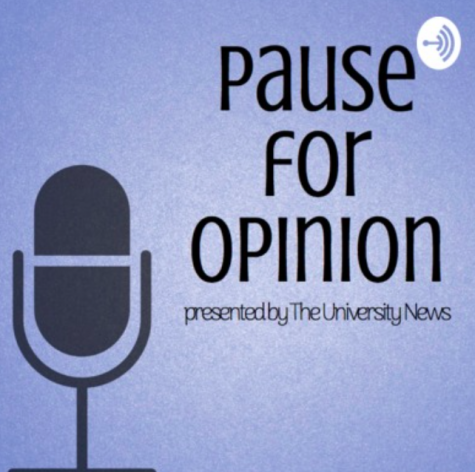SLU’s Campus Election Engagement Project
In 1916, more than 3,000 women marched in St. Louis to demand the right to vote. Their voices—lifted higher with every step—made up hundreds of thousands of suffragists’ calls for justice.
One hundred years later, in January 2016, millions of people traveled to cities throughout the United States to continue the fight for equality demanded by those determined female voices of the past. The legacy they left us is perhaps the single greatest gift mothers could pass onto their daughters.
How can I—privileged to be born a United States citizen—neglect one of the single most sovereign duties in a democracy by choosing not to vote? On what grounds can I justify disregarding the power bestowed onto me by our mothers and grandmothers, and by theirs onto them? More importantly, why would I ever undermine our future daughters by failing to employ my influence on the world we will leave to them?
Dr. Martin Luther King Jr. once said, “The arc of the universe is long, but it bends toward justice.”
Dr. King is a man I admire. His idealism was a critical quality in his fight for racial justice in the United States, and I believe he would agree that there is a danger in assuming that our country and world will naturally evolve to become more righteous without our hands pushing and pulling it in the directions we know to be just. He knew, as those 1916 suffragists knew, democracy depends on the active participation of its citizens. Positive change is possible when people join together to make their voices heard. A vote is a voice.
Perhaps the Women’s Marches of 1916, 2016 and beyond have contributed to the record-high number of women candidates in our approaching elections. Like their foremothers before them, they want their voices heard and their votes counted. As someone who has worked and interned in Washington, D.C., as well as for political organizations in New Hampshire and Missouri, I know the power of every vote and voice.
This election cycle marks the first year of partnership between Saint Louis University and the non-profit, non-partisan Campus Election Engagement Project, or CEEP. As a CEEP fellow, I’ve been working with SLU students and faculty to develop effective and sustainable voter registration and non-partisan voter education resources on campus. SLU historically has relatively low voter turnout rates among eligible voters – especially in midterm elections – despite having an on-campus polling place at the Busch Student Center every two years.
We call ourselves an institution for social justice and change, but many of our students fail to simply cast a ballot. CEEP and the university’s Center for Service and Community Engagement are on a mission to get all eligible voters on campus to the polls on Nov. 6. Where we vote is not nearly as important as actually casting our ballots, and for this reason CEEP also offers assistance navigating absentee voting and early voting for students from states that allow it.
Voting is personal to me, and I implore each and every young person to find ways to make it personal as well. Although I offer the plea of women protestors as one of my motivators to get to the polls, all of us can find a cause, a vision or a candidate that we specifically relate to and believe in. Democracy is not a spectator sport. We all must find meaningful roles within it for it to exist, let alone for it to succeed. For every citizen of the United States, these roles consist of, and build upon, voting.
The polls will be open Tuesday, Nov. 6 from 6 a.m. to 7 p.m. Registered students are encouraged to stop by the Busch Student Center or their respective local polling places. Please reach out to the Center for Service and Community Engagement or email SLU CEEP fellows Claire Cunningham ([email protected]) and Lauren Cavignano ([email protected]) with any questions or concerns, or for additional voting resources.
Your donation will support the student journalists of Saint Louis University. Your contribution will help us cover our annual website hosting costs.





